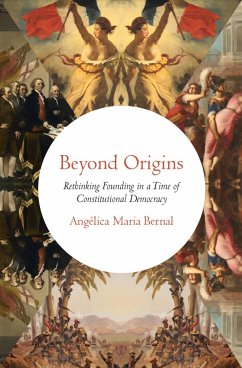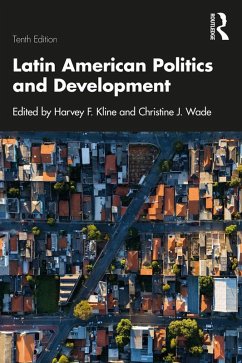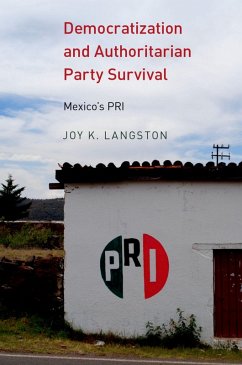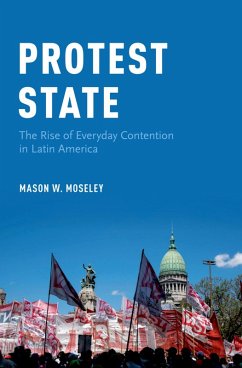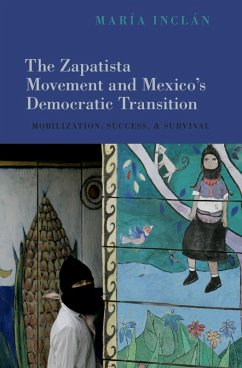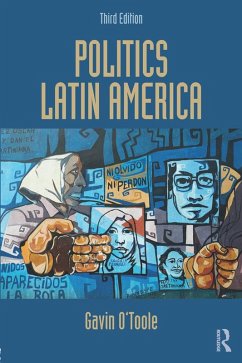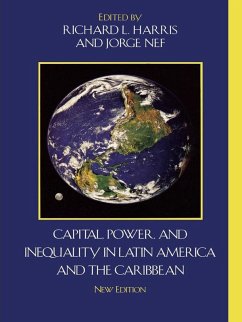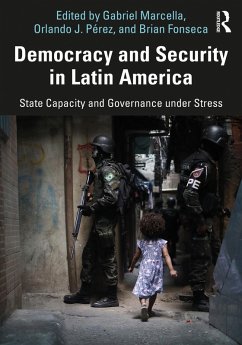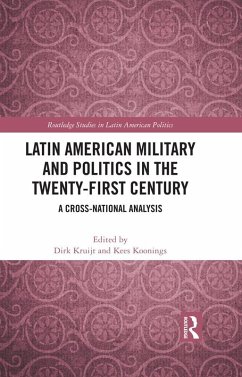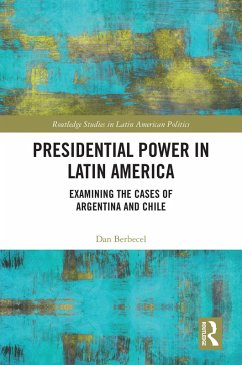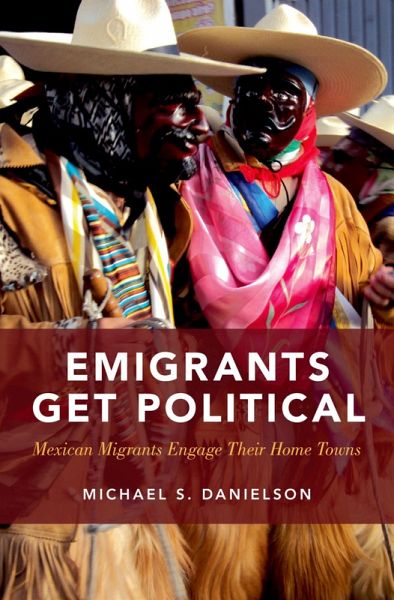
Emigrants Get Political (eBook, PDF)
Mexican Migrants Engage Their Home Towns
Versandkostenfrei!
Sofort per Download lieferbar
33,95 €
inkl. MwSt.
Weitere Ausgaben:

PAYBACK Punkte
17 °P sammeln!
Migrants have become an important social and political constituency throughout the world. In addition to sending remittances to their home countries, many migrants maintain political ties with their nations of origin through the expansion of dual citizenship and voting rights. Some even return home to participate in local and national-level politics. But to what extent do migrants influence their home communities and governments? Mexican migrants fought for and won the right to dual nationality in 1997 and the right to vote from abroad in presidential elections in 2005. As the country with the...
Migrants have become an important social and political constituency throughout the world. In addition to sending remittances to their home countries, many migrants maintain political ties with their nations of origin through the expansion of dual citizenship and voting rights. Some even return home to participate in local and national-level politics. But to what extent do migrants influence their home communities and governments? Mexican migrants fought for and won the right to dual nationality in 1997 and the right to vote from abroad in presidential elections in 2005. As the country with the world's second largest emigrant population, many expected that the enfranchisement of the Mexican diaspora would powerfully shape the direction of Mexican politics. Scholars, policy makers, and migrant politicians have argued that migrants who exercise these rights will, through contact with the U.S. political system and culture, develop more democratic attitudes and behaviors, and in turn, help to democratize their home states. However, only a tiny share of the Mexican diaspora community exercised their voting rights in the 2006 and 2012 elections. And, as this book shows, though migrants do engage socially and politically in their communities of origin and at times powerfully impact political dynamics there, the outcomes don't uniformly enhance local democracy. For example, while this research finds that migrants from non-elite backgrounds were able to parlay their migrant experience into a path to power in their home states, non-migrant politicians have been more successful at maintaining stability after election, due to their ties to the dominant governing parties. Even when migrant political actors intend to open up the political systems of their home towns, bring about needed reforms, or improve governance, the impact of their engagement at the aggregate level of municipal politics depends on a range of intervening factors, most importantly the nature of their interactions with non-migrant political actors in their home states and municipalities. Here, Michael S. Danielson develops a theory of and methodological model for studying migrant impact on the communities and countries they leave behind, examining a largely underexplored area of research in the migration literature.
Dieser Download kann aus rechtlichen Gründen nur mit Rechnungsadresse in A, B, BG, CY, CZ, D, DK, EW, E, FIN, F, GR, HR, H, IRL, I, LT, L, LR, M, NL, PL, P, R, S, SLO, SK ausgeliefert werden.




